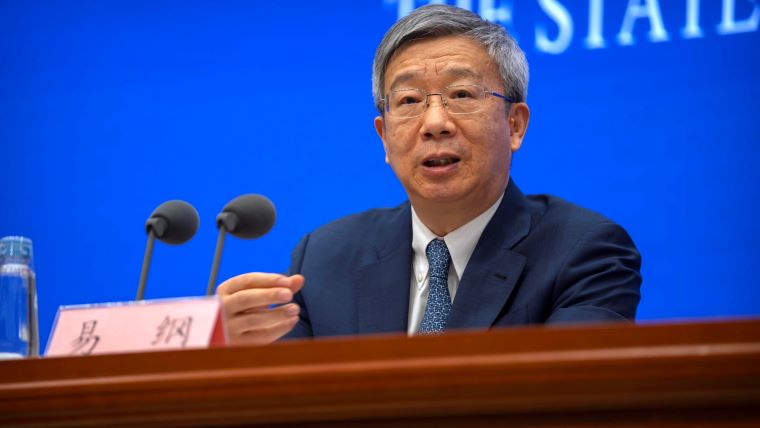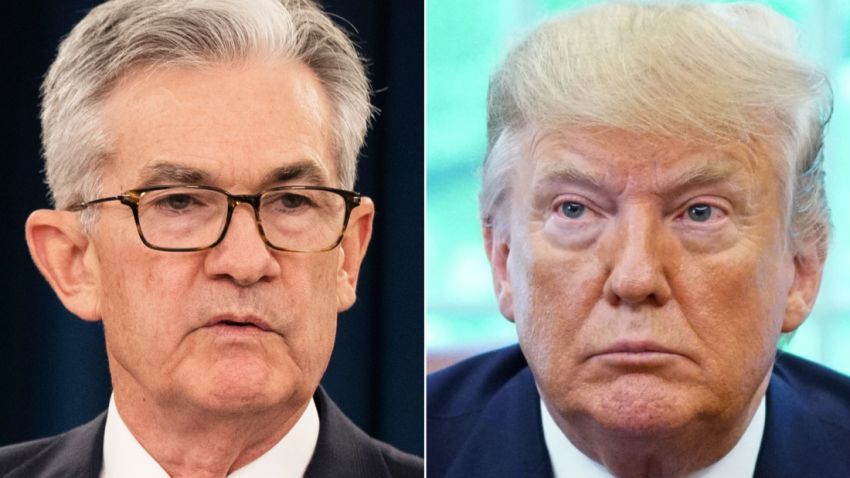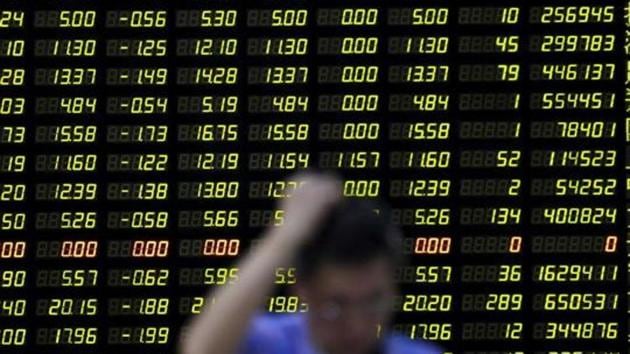Nandini Roy Choudhury, writer
Brief news
- Former president of the People’s Bank of China, Yi Gang, emphasized the need for China to prioritize the expansion of domestic demand and combat deflation.
- Proactive fiscal policy and accommodative monetary policy are crucial at this time, according to Yi Gang.
- China’s consumer prices have experienced a decline and are expected to increase slightly in August, but the country still faces challenges in stimulating domestic demand and addressing the real estate market decline.
Detailed news
SHANGHAI— Yi Gang, the former president of the People’s Bank of China, stated on Friday at the Bund Summit in Shanghai that China’s policymakers should prioritize the expansion of domestic demand.
Yi stated that the current focus should be on combating the effects of deflation. He also emphasized that the primary objective is to enhance domestic demand, effectively address the real estate market and local government debt issues, and influence societal confidence.
“Proactive fiscal policy and accommodative monetary policy are crucial at this juncture,” he stated.
In contrast to the high inflation rates in the United States and Europe, China’s consumer prices experienced a decline in 2023 and have only marginally increased thus far this year due to the lackluster domestic demand.
According to economists surveyed by Reuters, the most recent CPI reading, which is scheduled to be released on Monday, is anticipated to increase from 0.5% year-on-year growth in July to 0.70% in August. That would remain the highest rate of inflation since February’s 0.7% increase.
Yi predicted that the consumer price index would “converge above zero by the end of the year,” while the producer price index would also likely reach zero following recent negative readings.
The core CPI, which excludes food and energy prices, increased by 0.4% in July compared to the previous year, a decrease from the 0.6% increase in June and May.
Yi served as the governor of the PBoC from March 2018 to July 2023. The current chief of China’s central bank is Pan Gongsheng.
Zou Lan, the director of the PBoC’s monetary policy department, informed reporters on Thursday that the central bank had the potential to reduce the reserve requirement ratio, which dictates the quantity of currency that banks must maintain in their possession. It is merely one of the numerous monetary policy instruments employed by the PBoC.
In July, Chinese policymakers expressed substantial support for a trade-in policy as a means of increasing consumption. Sales and investment in new properties have continued to decline, despite the efforts of central and local authorities to support the substantial real estate market.
“The housing crisis presents a challenge for Chinese policymakers, as they must ensure that there is sufficient domestic demand to sustain the current high level of economic growth,” stated Jeffrey J. Schott, senior fellow at the Peterson Institute for International Economics, in speaking with reporters on Thursday.
“That is crucial for the Chinese economy and for the ascent of an increasing number of individuals to higher standards of living,” he stated.
In contrast to Japan
Since the pandemic, Chinese consumption has been stagnant. Retail sales in the main cities of Beijing and Shanghai decreased by 3.8% and 6.1%, respectively, in July compared to the previous year, according to official data.
The uncertainty regarding future income and the wealth impact resulting from the real estate market decline are the primary factors contributing to low consumer sentiment.
Haruhiko Kuroda, the former head of the Bank of Japan, stated during the same panel session as Yi, “Central banks should avoid prolonged deflation, even if it is mild, as it could affect wage determination.”
Kuroda emphasized that the current deflationary situation in China is significantly shorter than that of Japan. However, he stated that wages were unable to increase substantially for the past year or two due to Japan’s 15-year deflation.
Source : CNBC News




